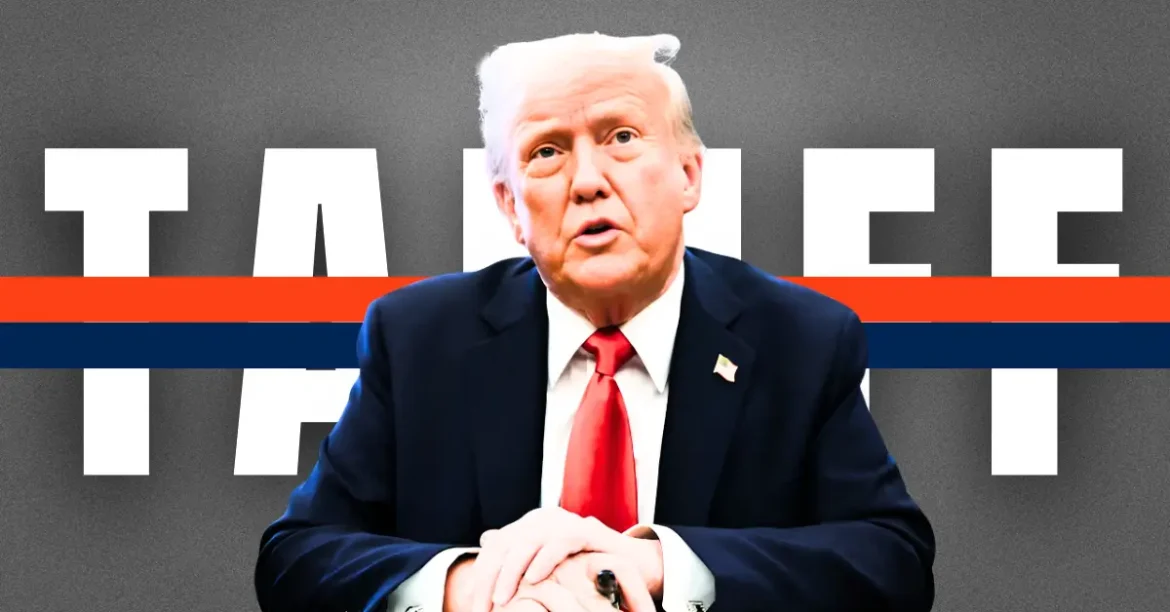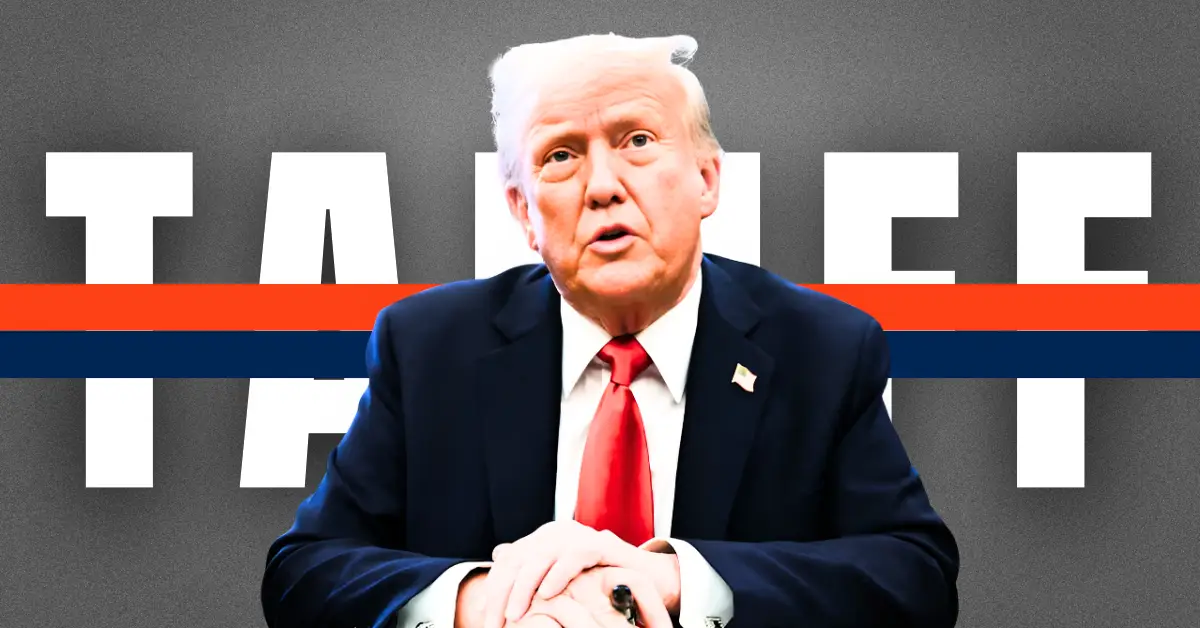The international trade landscape is once again under scrutiny as former President Donald Trump reignites the debate over tariffs, setting an August 1st deadline for new trade negotiations. This move, announced via his Truth Social platform, has sent shockwaves through global markets, raising concerns about potential economic fallout. The proposed tariffs, ranging from 25% to 40%, target a diverse array of nations, including economic powerhouses like South Korea and Japan, as well as developing countries such as Laos, Myanmar, South Africa, Malaysia, and Kazakhstan. The use of the International Emergency Economic Powers Act (IEEPA) to implement these tariffs has already sparked legal challenges, adding another layer of complexity to the situation.
The potential impact of these tariffs is far-reaching, with implications for various sectors, including cryptocurrency and pharmaceuticals. The market reaction has been volatile, with the S&P 500 experiencing a significant dip and Bitcoin showing fluctuations. While some analysts suggest that the market may have already priced in the possibility of these tariffs, the underlying anxiety persists. The pharmaceutical industry, in particular, faces a daunting prospect with the potential for a 200% tariff on imports, which could lead to skyrocketing drug prices and reduced access to essential medications. The European Union, a frequent target of U.S. trade policy, has been offered a 10% tariff deal, but negotiations remain ongoing, highlighting the precarious nature of the trade relationship.
The strategic intent behind Trump’s tariff threats is a subject of debate. Some analysts view these moves as a negotiating tactic designed to extract concessions from trading partners, while others warn of the risks involved. If trading partners refuse to negotiate, the U.S. could be forced to follow through with the tariffs, potentially leading to a trade war that harms all parties. The constant threat of trade disputes can erode trust and undermine international cooperation, making dialogue, negotiation, and a willingness to compromise essential for de-escalating tensions.
As August 1st approaches, businesses and investors must prepare for a period of heightened volatility and uncertainty. Diversifying investments, hedging against currency fluctuations, and carefully monitoring supply chains are crucial strategies to mitigate the risks associated with tariffs. Governments also have a pivotal role in promoting a more stable and predictable international trade environment. The revival of tariff threats under Trump is not merely a continuation of past trade disputes but a potential catalyst for a new era of global economic uncertainty. The consequences of these actions could ripple through markets, impacting everything from cryptocurrency valuations to the accessibility of crucial pharmaceuticals. While some view these tactics as calculated maneuvers, the inherent risks are undeniable. As the world watches, the unfolding drama of global trade tensions continues to unfold, with the potential to reshape the economic landscape in profound ways.





